News & Media
Two Unisa women honoured as education game-changers
Two Unisans, Prof Nombeka Mpako and Dr Edith Phaswana, have been recognised as the Mail & Guardian (M&G) Top 100 Women Changing South Africa under the category of Education. Every year for Women’s Month, the M&G profiles the transformative work done by women. The project is a celebration of excellence and a testimony to the tireless work done by South African women.
At the beginning of June, the M&G opens nominations for women changing South Africa. Once nominations close, they go through the list, thoroughly shortlisting potential candidates and selecting candidates for each category.
Mpako is the Director of the School of Arts, a role that entails heading up the Art History, Visual Arts and Musicology Departments, while Phaswana is Acting Head at the Thabo Mbeki African Leadership Institute (TMALI) and President of the South African Development Studies Association (SADSA). They share with us more about their work at Unisa and in education.
Prof Nombeka Mpako: Director, School of Arts
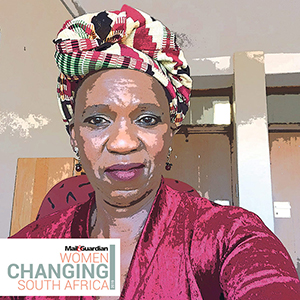
Prof Nombeka Mpako
The project celebrates excellence and the tireless work done by South African women. What contributions have you made in your role as Director of the School of Arts?
I have worked to transform the local university curriculum to better embrace an Africanness that I believe should be innate to institutions of learning. While we should not disregard the Western knowledge that we have learned, we should embrace our methodology of teaching, knowledge and our own epistemology so that we are able to expand our knowledge to the world at large.
What inspires you to make these contributions?
When I wake up in the morning, I look forward to changing people’s lives by making them feel worth being humans, especially African children, because they too can contribute to knowledge development through reviving indigenous knowledge, hence my emphasis on embracing Africanness.
How would you encourage Unisans to make a difference in the different roles they occupy?
Use your role or discipline to contribute towards the empowerment of your immediate community and leave a legacy you will be proud of.
What are some of your career highlights in the contributions you have made in education?
I am very passionate about teaching art as it is an intimate communicative language that talks and expresses the core of who you are. I have also developed programmes for previously disadvantaged people studying art degrees, resulting in numerous bursaries and graduations for students who might never have had a career in art. I also strive to redress the view that a career in art is wasteful, which pervades many young minds.
I am also involved in a community engagement project that took nine years to be acknowledged by the Gauteng Department of Basic Education. The project empowers primary school teachers in the region with the necessary skills for teaching creative arts and music in their schools. This project was made necessary as a result of the apartheid regime, where creative arts and music were not taught in government schools for blacks. Art instruction helps children with the development of motor, language, social, decision-making, risk-taking and critical thinking skills, as well as inventiveness that will benefit our future generations.
Dr Edith Phaswana: Acting Head, TMALI
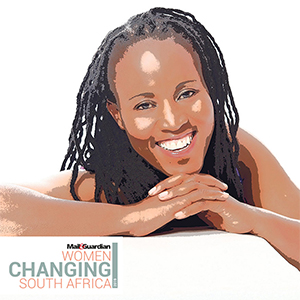
Dr Edith Phaswana
The project celebrates excellence and the tireless work done by South African women. What contributions have you made in your roles as Acting Head at TMALI and as President of the South African Development Studies Association?
I work hard to ensure that the institute achieves its mission of training thought leaders for the political and social renewal of the African continent and its people. We do this by making TMALI accessible to the majority of people who never had the opportunity to get formal education. We want more people to understand the continent and familiarise themselves with African epistemologies and methodologies. The lack of a critical mass of thought leaders on the continent is a major problem that needs urgent attention. We currently design executive workshops to train people at what I would call ‘unentered areas’ in terms of African thought such as corporates and legislature. We teach African-centred knowledge on thought leadership to leaders of industry and lawmakers.
At TMALI we ensure that our students are treated with the dignity and respect they deserve, irrespective of who they are. I also believe that a happy student body begins with us – the staff. Our staff deserve to be treated with fairness as well. We aim to give a human face to leadership and make sure everyone is appreciated for their effort and contributions while ensuring that their humanity is recognised. We work hard as a team to create a TMALI experience which breaks hierarchies while ensuring that our students have the best TMALI experience.
I have been with South African Development Studies Association (SADSA) since its inception. I was part of the inaugural executive serving as Deputy President.
What inspires you to make these contributions?
The change that I want to see on the continent. I believe in Africa and its people. I want our young people to recognise pockets of excellence that exist on the continent and be inspired.
How would you encourage Unisans to make a difference in the different roles they occupy?
Each and every one of us can definitely contribute to a better university, society and world if we consciously and deliberately make an effort in the little spaces we occupy, no matter how insignificant or small our roles may seem. An African proverb says: "If you think you are too small to make a difference, you have not spent the night with a mosquito." This should guide every Unisan in whatever position to contribute in order to effect change. Even as a junior staff member, I always ensured that I had a voice and never tolerated injustices and unfairness.
What are some of your career highlights in the contributions you have made in education?
- I am thrilled when our current and former students tell me how TMALI changed their lives and exposed them to a rich African archive they never knew existed even though they have been through university systems.
- Receiving the 2014 UJ Humanities Distinguished Award for Teaching Excellence.
- Successful supervision of postgraduate students as I believe in producing a critical mass of researchers and scholars in the continent.
- Teaching local communities about leadership and social justice through Unisa’s Chance to Advance community engagement project.
- Visiting universities across the country through an NIHSS-funded project, conducting dialogues on transformation with academics.
- Facilitating the civic leadership track to at least 19 cohorts of the Young African Leaders Initiative (YALI).
- Facilitating leadership and youth engagement in governance in Africa to the cohorts of the Mandela Institute for Development Studies in a leadership programme that draws young people from all over the continent.
In all these, my highlight has always been to insert the marginalised African voice in the programmes. I am thrilled to see the shift that happens when people are informed and feel the urge to act and contribute on the continent.
Mpako and Phaswana are challenging the status quo and playing their roles in shaping Unisa and the nation we live in. From them, we learn that nothing comes close to the challenge of finding a deep-rooted sense of purpose and meaning in life. They inspire us to find purpose, harness its power and use it to positively impact the lives of others.
*By Tshimangadzo Mphaphuli, Senior Journalist, Department of Institutional Advancement
Publish date: 2019-09-09 00:00:00.0

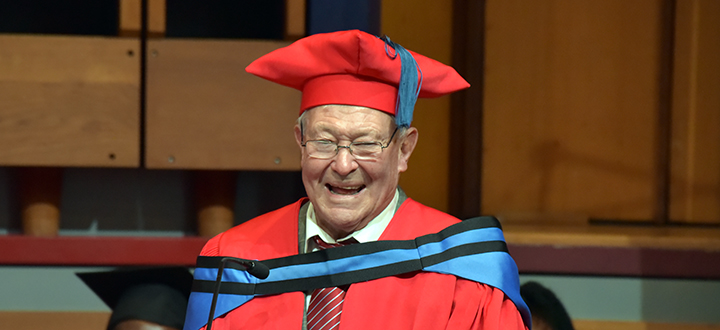 Community champion and agricultural entrepreneur extraordinaire honoured by Unisa
Community champion and agricultural entrepreneur extraordinaire honoured by Unisa
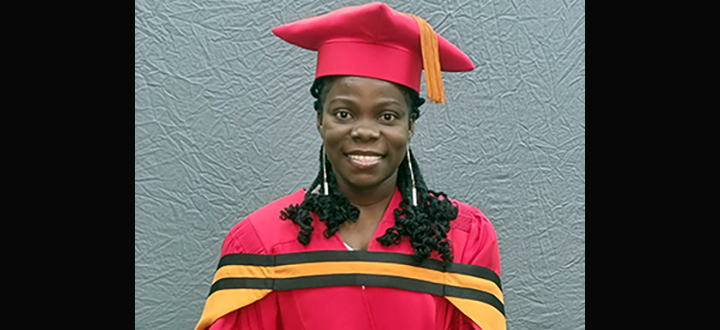 Ghanaian-born Swede earns PhD in Information Sciences from Unisa
Ghanaian-born Swede earns PhD in Information Sciences from Unisa
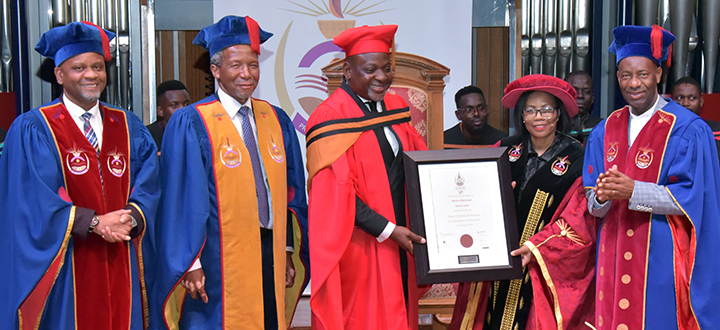 Unisa awards honorary doctorate to exemplary philanthropist and entrepreneur Collen Tshifhiwa Mashawana
Unisa awards honorary doctorate to exemplary philanthropist and entrepreneur Collen Tshifhiwa Mashawana
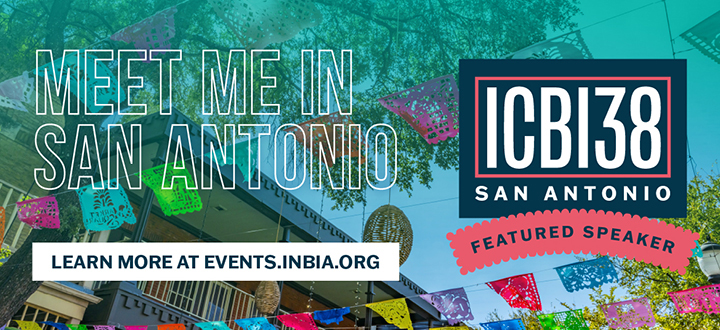 Inhlanyelo Hub explores financing and sustainability at the International Conference on Business Incubation
Inhlanyelo Hub explores financing and sustainability at the International Conference on Business Incubation
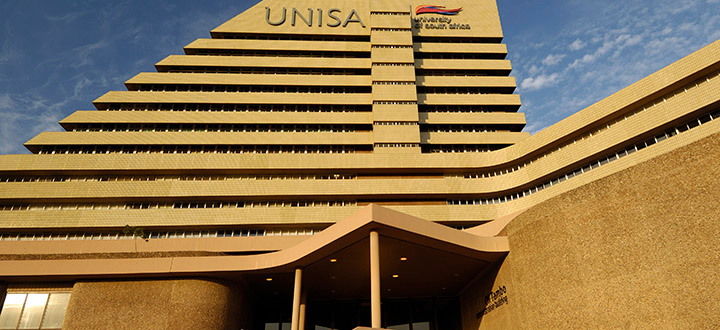 Unisa remains anchored among the waves
Unisa remains anchored among the waves